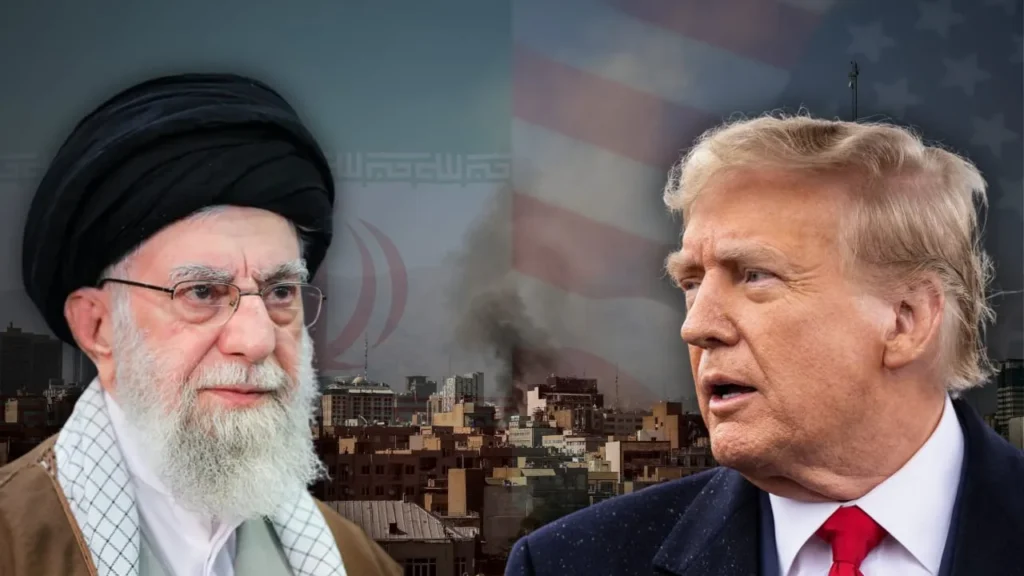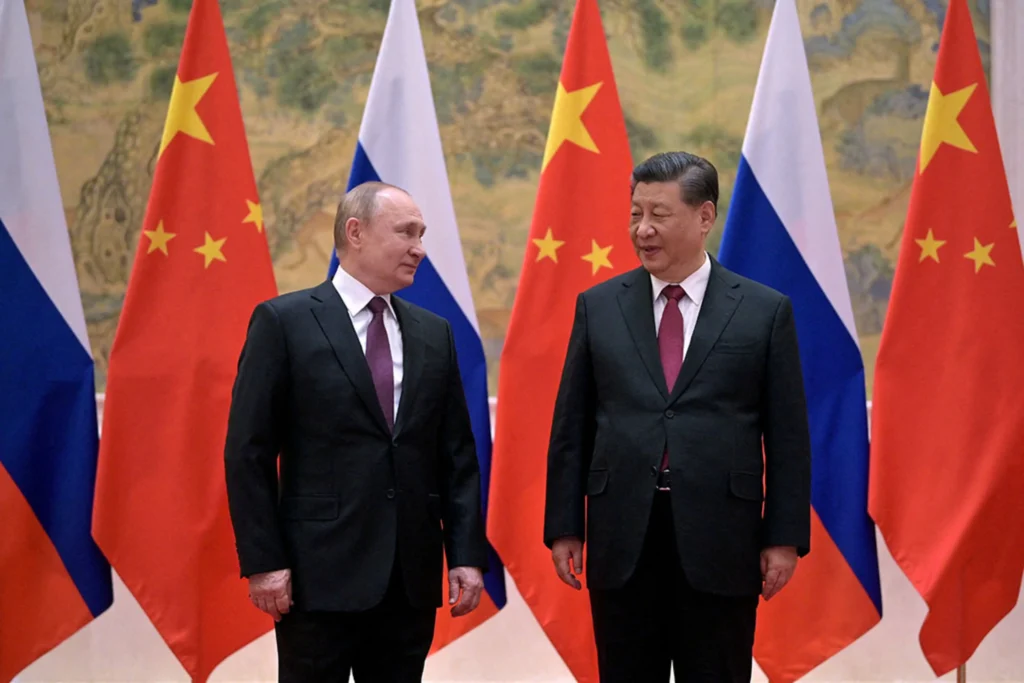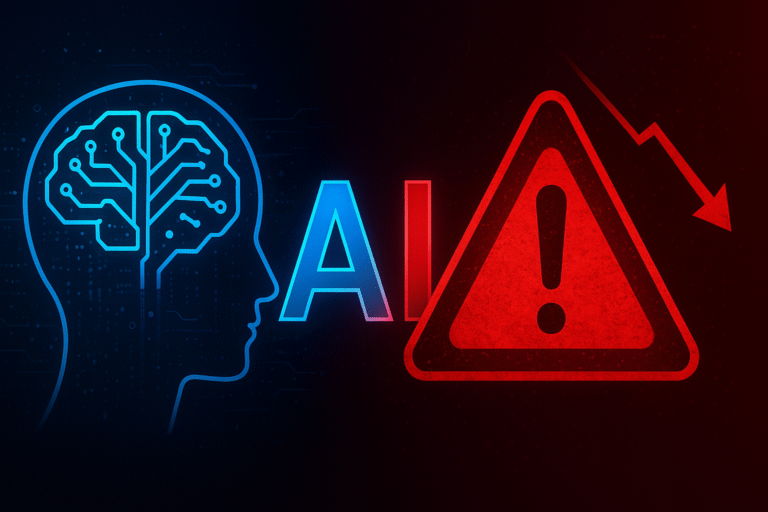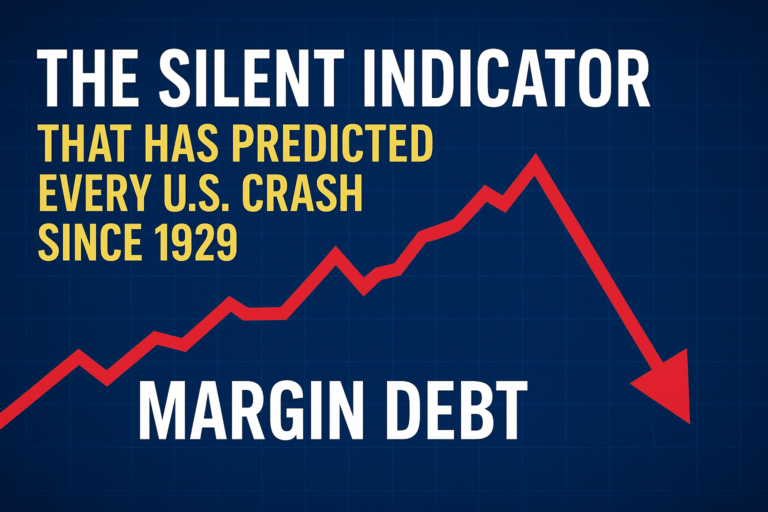
In This Article
Global Geopolitical Impact of the Israel-Iran Conflict
The escalating tensions between Israel and Iran have drawn sharp international attention, transforming a long-simmering regional rivalry into a global diplomatic challenge. As strikes and counterstrikes unfold, the world’s major powers—NATO members, the EU, China, and Russia—are navigating complex positions, while the United States finds itself at the center of both pressure and expectation. This conflict is not just a test of military resolve—it’s a pivotal moment for global stability and America’s credibility as a world leader.
NATO and EU Reactions to the Israel-Iran Conflict
NATO as a collective has not taken direct military action, but individual member countries have issued statements aligned with Israel’s right to defend itself, according to recent coverage by Reuters, highlighting the alliance’s cautious approach amid growing humanitarian concerns.
- Germany and France are urging both restraint and sustained diplomatic engagement.
- The UK has deployed naval forces in the region, signaling preparedness without direct confrontation.
- Southern EU nations, such as Spain and Italy, are emphasizing aid and peacebuilding rather than military positioning.
While the European Union promotes diplomacy and humanitarian solutions, internal disagreements have limited its ability to act with a single, strong voice on the Israel-Iran conflict.
The escalating tensions between Israel and Iran have drawn sharp international attention, transforming a long-simmering regional rivalry into a global diplomatic challenge, as detailed by BBC News, which tracks the unfolding developments and their wider implications.
China and Russia’s Strategic Role in Middle East Tensions

China: Diplomatic Balancer with Economic Interests
China has publicly called for calm and an immediate ceasefire, positioning itself as a neutral mediator in the region. Beijing, which brokered a diplomatic breakthrough between Iran and Saudi Arabia in 2023, is leveraging this conflict to reinforce its image as a responsible global power—one that favors negotiation over escalation.
China’s significant trade relationships with both Iran (energy) and Israel (technology) mean it must tread carefully. Any instability in the region could disrupt its Belt and Road Initiative and other strategic investments.
Russia: Disruption Over Resolution
Russia, an ally of Iran particularly in Syria, has criticized Israeli strikes and accused Western powers of exacerbating the situation. However, Moscow’s response has been largely rhetorical. With its resources tied up in Ukraine, the Kremlin is using the conflict as an opportunity to undermine U.S. influence and sow division among Western allies.
Russia’s main objective is to position itself as a counterweight to Western intervention while expanding diplomatic outreach in the Middle East and Africa, where sympathy for Iran is often stronger.
U.S. Alliances and Credibility Amid the Israel-Iran Crisis
The Biden administration faces a high-stakes balancing act: demonstrating unwavering support for Israel while managing global expectations and minimizing the risk of a broader war. This conflict is a defining moment for America’s geopolitical leadership and its ability to hold together a coalition of allies amid rising global tensions.
- In the Asia-Pacific region, key allies like Japan, South Korea, and Australia are monitoring how the U.S. handles this conflict as an indicator of its resolve in the face of China’s regional ambitions.
- Across NATO, Washington is expected to lead efforts to contain the conflict and avoid military overreach.
Any misstep could raise doubts about the reliability of American leadership—not just in the Middle East, but in Europe, Asia, and beyond.
United Nations Response and Global Peace Efforts
The United Nations has convened multiple emergency sessions to address the growing crisis, but divisions within the UN Security Council—especially U.S. vetoes—have stalled concrete resolutions. While global consensus calls for de-escalation and humanitarian access, power politics continue to block enforceable action.
Despite institutional gridlock, UN agencies like UNICEF and UNHCR are actively involved in providing support to displaced communities and facilitating humanitarian aid on the ground.
The UN’s role, though limited in enforcement, is vital for shaping global opinion and documenting civilian impact amid the crisis.



